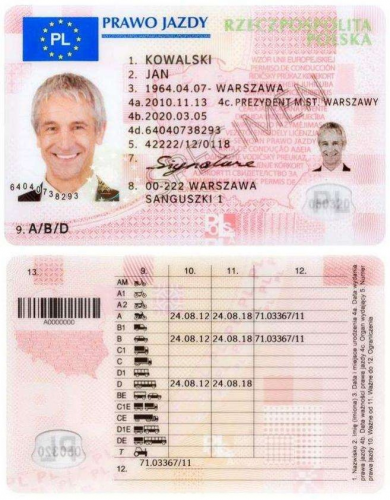old letters feel strange
shouldn’t reminisce too much
hard to stop our age
Monthly Archives: February 2009
US back with Uzbekistan
A couple weeks ago I mentioned the Kyrgyz base closure would end the last remaining US base in Central Asia, which complicates the supply chain for American operations in Afghanistan. The AP seems to have just picked this up as newsworthy today. I suspect they mention it because there is a positive development for the US to announce, as well as a human-rights angle:
…the tentative pact with Uzbekistan was particularly important. It represented a warming of relations between U.S. officials and Uzbekistan’s authoritarian president.
Karimov ordered a major U.S. air base in Uzbekistan closed in the wake of Washington’s criticism of his government’s deadly crackdown on anti-government protesters in the city of Andijan in 2005.
This will be an interesting twist for the new American President’s foreign policy. The test is whether Obama can extend US influence into the region more sensibly than his predecessor. Bush’s interaction with Georgia was not only short-sighted, but arguably stoked and then failed to avert war with Russia. In the case of the Uzbekistan’s leader Karimov, Bush’s Pentagon funded him as part of the “war on terror” until around 2005 when they had to admit he was a ruthless dictator using US-trained and armed soldiers to kill large numbers of civilian protesters. Some even acknowledged this could be seen as counter-productive to reducing terror. Radio Free Europe tried to explain the situation in 2005, quoting William Kristol and Stephen Schwartz from The Weekly Standard.
“I frankly think that with the war in Afghanistan essentially over, there’s no reason to maintain any base in Uzbekistan and they [the United States] should remove the base. I think they [the United States] should cut off any military or police training to Uzbek troops since we now have to face the scandalous fact that the troops in the Andijon incident apparently were trained in the United States.”
Yes, you read that right, the periodical that “often reflects the thinking of the Bush administration” said “with the war in Afghanistan essentially over” in 2005…and here we are today facing Taliban control expanding, demand for more troop enlargements in Afghanistan, and a crisis of supply routes.
With signs of encroaching Russian influence over its neighbor, the US has moved back towards alliance with Karimov in order to access the Uzbek base and Afghanistan. Will Obama’s administration also be able to continue their rhetoric on human-rights? This brings me back to the question of cyberwarfare. Russia may continue to stoke fear through its use of non-state agents on the network. This would be good as it perhaps allows the US to build on counter-cyberwarfare aid as part of the deal to win access rights, rather than supply of guns and military training, and still have enough leverage to stand tall on human rights policy. In other words I suspect cyberwarfare aid (e.g. network infrastructure and monitoring) has far less lethal and reprehensible side-effects.
Banning Happy Hour
Someone in the Minneapolis City Council is trying to clamp down on drinking:
City Council members are discussing options to ban happy hour and other drinking specials at bars to help prevent binge drinking. They are also looking at ways to ban drinking games in bars (think beer pong and flip cup).
Is there any evidence at all that a ban on discounted drinks in bars will help binge drinkers control themselves? A prohibition on happy hour is so superficial it is hard to believe anyone considers it a serious control. It is definitely a tricky issue but I suspect making the bars responsible for monitoring and regulating patron behavior might work better. They then assume the risk related to those they choose to serve.
Prawo Jazdy Caught by Irish Police
The story in the Irish Times is almost too funny to believe.
HE WAS one of Ireland’s most reckless drivers, a serial offender who crossed the country wantonly piling up dozens of speeding fines and parking tickets while somehow managing to elude the law.
So effective was his modus operandi of giving a different address each time he was caught that by June 2007 there were more than 50 separate entries under his name, Prawo Jazdy, in the Garda Pulse system. And still not a single conviction.
How did they catch this dangerous repeat offender?
In a letter dated June 17th, 2007, an officer from the Garda traffic division wrote that it had come to his attention that members inspecting Polish driving licences were noting Prawo Jazdy as the licence holder’s name.
“Prawo Jazdy is actually the Polish for driving licence and not the first and surname on the licence,” he wrote.
A classic study of security control failure. And an amazing example of overlooking everything different on a license by fixating on one thing — a form of blindness.
The police have since been trained, and their system updated, to handle the licenses of other countries, although it is not clear what happens if your name is actually a generic phrase like Driving License or something inverse like “Null”.
